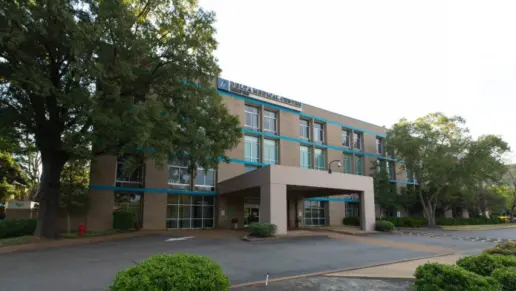About Erlanger Behavioral Health Hospital
Situated in Chattanooga, Tennessee, Erlanger Behavioral Health Hospital is a 94-bed treatment center that provides varied programs surrounding treating mental health issues, dual diagnosis, and outpatient counseling for those battling substance abuse.
The Erlanger Behavioral Health Hospital is primarily a mental health institution, but it offers dual diagnosis treatment and an intensive outpatient program (IOP) for individuals facing drug and alcohol addiction. These programs offer various therapies, including dialectical behavioral therapy and cognitive behavioral therapy.
Additionally, a few of the specialized services offered in the IOP and dual diagnosis programs include healthy living groups, psychoeducational counseling, prescription medication management and administration, family therapy, detox services, and experiential therapy.
The Erlanger Behavioral Health Hospital accepts most major insurances, including Evernorth Health Services, Kaiser Permanente, TRICARE, Compsych, BlueCross/ Blue Shield, Humana, and United Healthcare. This rehab center also accepts Carelink Healthcare Services, Aetna, Cigna, and many more.
However, to ensure your insurance is accepted and out-of-network coverage is offered, be sure to contact your provider or confirm with this hospital’s addiction treatment center. In addition, note that this rehab center carries CARF and JCAHO accreditation.
Rehab Score
Gallery
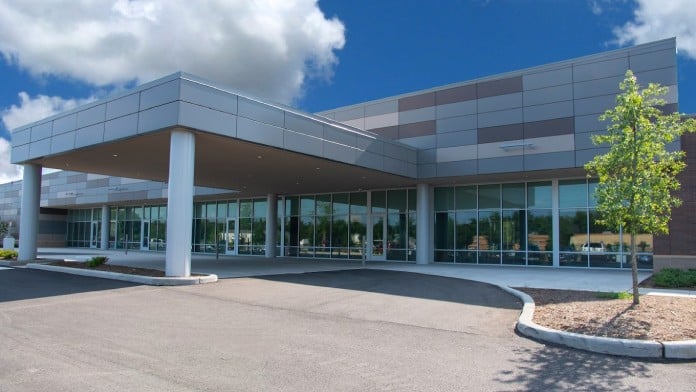
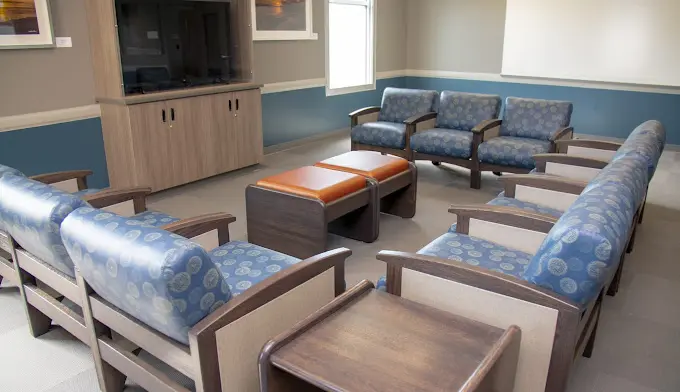


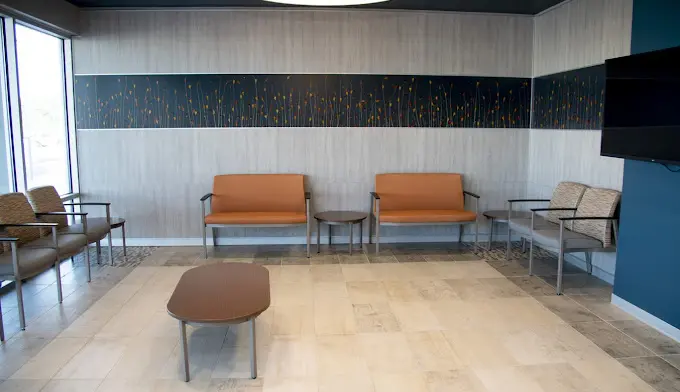
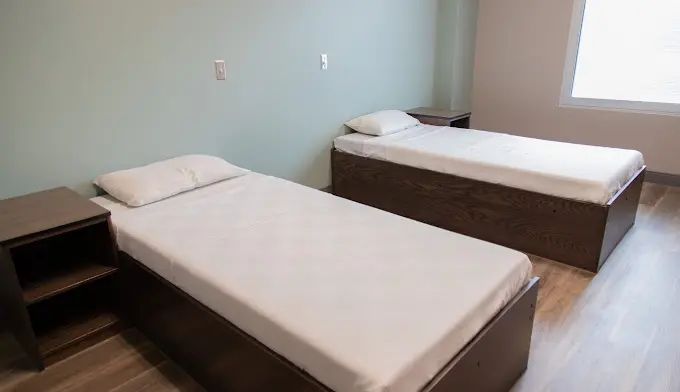
Location
Accepted Insurance
Other Forms of Payment
Medicaid is a state based program that helps lower-income individuals and families pay for healthcare. Medicaid covers addiction treatment so those enrolled can use their coverage to pay for rehab. When a program accepts Medicaid the client often pays very little or nothing out of their own pocket.
Medicare is a federal program that provides health insurance for those 65 and older. It also serves people under 65 with chronic and disabling health challenges. To use Medicare for addiction treatment you need to find a program that accepts Medicare and is in network with your plan. Out of pocket costs and preauthorization requirements vary, so always check with your provider.
Private insurance refers to any kind of healthcare coverage that isn't from the state or federal government. This includes individual and family plans offered by an employer or purchased from the Insurance Marketplace. Every plan will have different requirements and out of pocket costs so be sure to get the full details before you start treatment.
Self-pay involves paying for treatment out of your own pocket. You can use savings or credit, get a personal loan, or receive help from family and friends to fund your treatment. If you don't have insurance or your insurance plan doesn't cover a specific program, self-pay can help ensure you still get the care you need.
Addiction Treatments
Levels of Care
Treatments
A combined mental health and substance abuse rehab has the staff and resources available to handle individuals with both mental health and substance abuse issues. It can be challenging to determine where a specific symptom stems from (a mental health issue or an issue related to substance abuse), so mental health and substance abuse professionals are helpful in detangling symptoms and keeping treatment on track.
Programs


Clinical Services
Research clearly demonstrates that recovery is far more successful and sustainable when loved ones like family members participate in rehab and substance abuse treatment. Genetic factors may be at play when it comes to drug and alcohol addiction, as well as mental health issues. Family dynamics often play a critical role in addiction triggers, and if properly educated, family members can be a strong source of support when it comes to rehabilitation.
Group therapy is any therapeutic work that happens in a group (not one-on-one). There are a number of different group therapy modalities, including support groups, experiential therapy, psycho-education, and more. Group therapy involves treatment as well as processing interaction between group members.
In individual therapy, a patient meets one-on-one with a trained psychologist or counselor. Therapy is a pivotal part of effective substance abuse treatment, as it often covers root causes of addiction, including challenges faced by the patient in their social, family, and work/school life.
Accreditations

The Joint Commission, formerly known as JCAHO, is a nonprofit organization that accredits rehab organizations and programs. Founded in 1951, the Joint Commision's mission is to improve the quality of patient care and demonstrating the quality of patient care.
Joint Commission Accreditation: Yes
Contact Information
804 N Holtzclaw Avenue
Chattanooga, TN 37404






